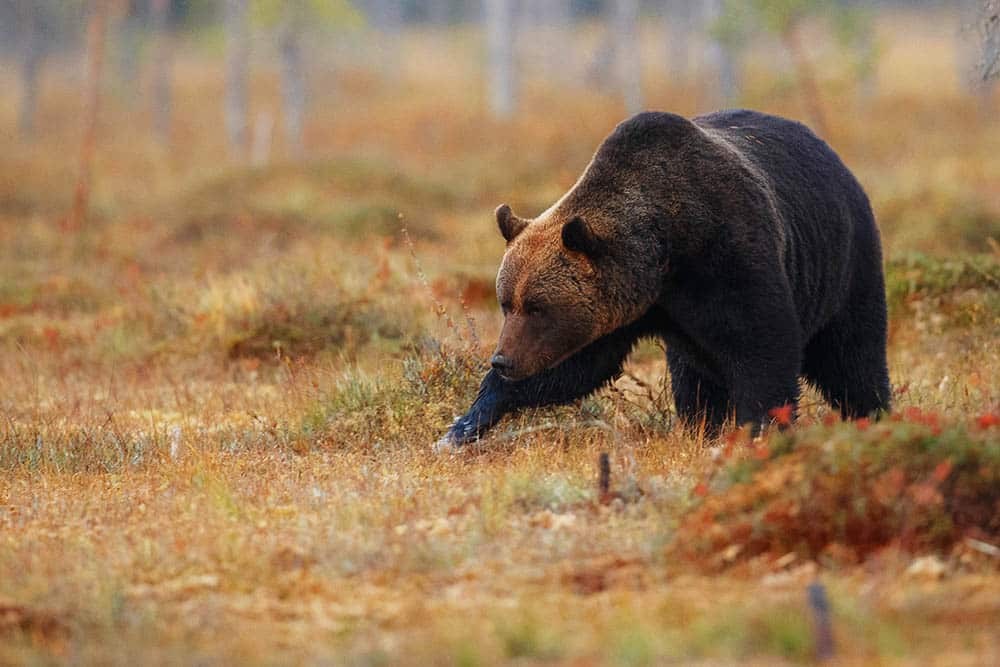Wildlife is an integral part of our ecosystem; it plays a vital role in balancing the earth’s natural habitat. Wild animals are essential in maintaining biodiversity and ecological balance. However, over the years, human activities such as deforestation, poaching, pollution, and climate change have led to the rapid decline of global wildlife populations. If we don’t take action now, we risk losing some of the world’s most precious and unique species forever.
The Devastating Effects of Human Activities on Wild Animals
Human activities, such as deforestation, poaching, pollution, and climate change, have a devastating impact on wild animals, and we need to take immediate action to correct the situation. For example, poaching is a significant threat to many wild animal species, including elephants, rhinos, and tigers. Over the years, these animals have been poached for their ivory, horns, and hides, recklessly exploiting these animals to the point of endangerment or even extinction.
Deforestation, on the other hand, is a massive problem due to human activity. Forests are home to hundreds of wild animal species, including monkeys, birds, and big cats. Large-scale deforestation efforts, widespread in some parts of the world, have resulted in the destruction or complete loss of much of these habitats. Similarly, pollution caused by human activities such as waste disposal, mining, and oil spills has a significant impact on wild animals’ health, their habitats, and their lives.
Finally, climate change is perhaps the most significant threat that wild animals face today. Climate change alters weather patterns and habitats, which puts wildlife everywhere at risk. The increase in global temperatures, for instance, is leading to melting glaciers and the destruction of polar ice caps. This loss of ice threatens the lives of animals like polar bears, who rely on ice to hunt and rest.
The Importance of Conserving Wildlife and Protecting Their Habitats
Wild animals are an essential component of our planet’s biodiversity. Conserving wildlife and protecting their habitats is necessary to preserve the earth’s ecological balance. When we conserve wildlife, we ensure that wild animals thrive in their natural habitats, where they can maintain food chains and their essential roles in ecosystems.
In addition to their ecological importance, wildlife conservation plays a critical economic role. Tourism and nature-based businesses create employment opportunities and contribute to local economies. Thus, conservation efforts have both environmental and economic benefits, making it desirable to conserve wildlife whenever possible.
What You Can Do to Help Protect Wild Animals
There are several things you can do to help protect wild animals. You can start by educating yourself and others about the issues facing wildlife today. The more people know about the plight of wild animals, the easier it is for individuals to protect them. Consider volunteering your time with organizations that support wildlife conservation efforts.
Another essential step you can take is reducing your carbon footprint. Climate change is a critical threat to wild animals, and reducing your carbon footprint helps slow its progress. You can do this by using energy-efficient appliances, recycling, and reducing your consumption of meat.
Finally, you can show your support for conservation by reducing your use of products made from endangered animals. Some animals, like tigers and rhinos, are poached for their coats, hides, or other body parts. By not buying products made from these animals, you reduce demand, which may help reduce poaching related to them.
Conclusion
There’s no denying that wild animals face significant threats today, from poaching to habitat destruction and climate change. To protect these species from the threat of extinction, we need to take immediate action. It’s time to recognize the severity of the problem and take steps to conserve wildlife and protect their habitats.
The good news is, there are many things we can do as individuals to support conservation efforts. From reducing our carbon footprint to educating others about wildlife issues and supporting conservation organizations, every action we take can make a difference. So join the cause; let’s protect our precious wildlife today and for generations to come.
